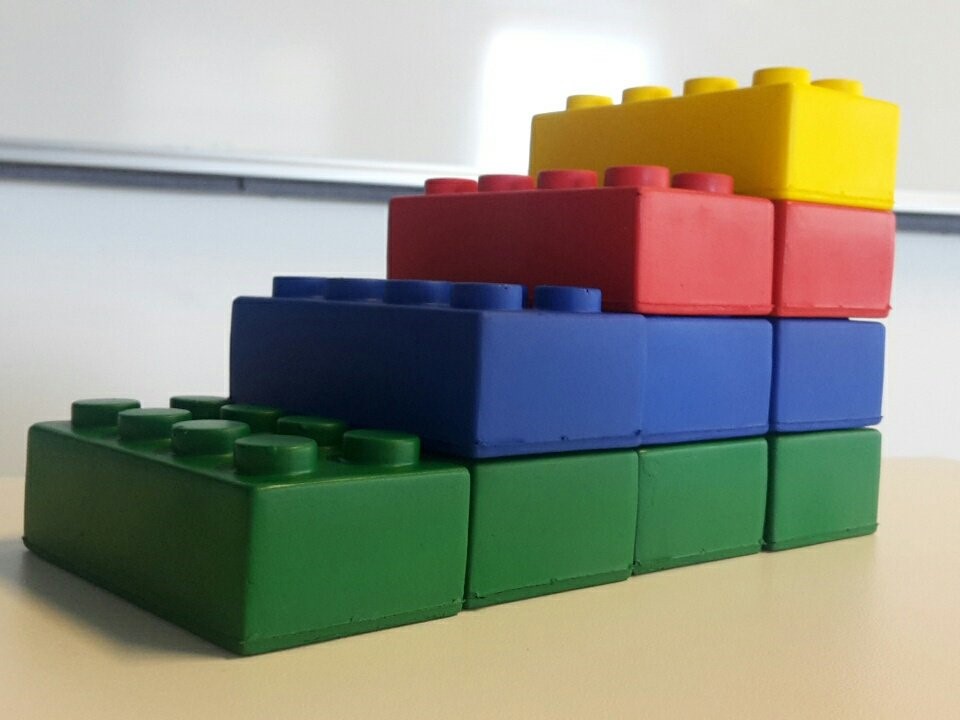The Thesis Boot Camp
Thank you to Heather Campbell for this #Take5 post
Take twenty-six PhD students, keep them in a room for 24 hours over a weekend, feed them, water them, motivate them and encourage them, and what happens? They write. In fact, collectively they write over 200,000 words towards their theses.
Here at Queen Mary University of London the Thinking Writing team have just completed our fourth Thesis Boot Camp and the event seems to be going from strength to strength. The premise of providing the time, space and motivation for PhD students to write may be a simple one, but the impact of the boot camp on the students seems to be immense. One reason is that we also provide something less immediately obvious – support. Whether it be gently pushing them to achieve more than they think they can, helping them to overcome writers’ block, or being a shoulder to cry on when the task of completing a thesis seems overwhelming, students often state in their feedback how reinvigorated they are. They’ve realised they can do it. They can write a thesis!
Thesis Boot Camp is not easy – not for the students and not for the staff. Preparations start months in advance, when application forms have to be judged as to who would get the most from the Thesis Boot Camp. Last May we had over fifty applications for twenty-six places, so we would factor in, who is closest to their final deadline and so forth? Rooms have to be booked, food has to be ordered, out-of-hours cleaners and porters informed. By now we’re a well-oiled machine in organising pizza deliveries, stocking up on tea and biscuits, booking Pilates teachers and finding fans or blankets at the last minute, but it still requires a lot of time.
Generally speaking, the days are divided into large chunks of time when the students are writing, interspersed with some group discussions and short activities around goal setting, motivation and writing. We also build into the schedule an ‘active break’ on the Sat and Sun (hence the Pilates teacher) as we find that sitting down for long periods of time is not the best for the body. Starting at 4pm on Friday, Thesis Boot Camp runs until 8pm that day, and on Sat and Sun goes from 9:30am to 8:30pm. Since students are not encouraged to leave Thesis Boot Camp once they get here, we provide all the food – dinner on Friday, lunch and dinner on Saturday and Sunday, and tea, coffee, water, juice, fruit, biscuits, crisps, and pastries throughout.
With no distractions, and nothing to worry about except writing, the amount of words the students produce during Thesis Boot Camp is significant. To prepare them for this we send out a series of emails in the run up to the boot camp with advice and information, and pre-boot camp tasks. The idea of Thesis Boot Camp is to write, not to read or to plan, so we encourage students to do all of this beforehand, so they arrive ready to write. And to make the push to write a bit more fun, we give out some squishy blocks (see picture). You get a green block when you write 5,000 words, a blue one when you reach 10,000, red for 15,000 and the rare ‘gold’ (*ahem* yellow) block for 20,000 words written over the weekend! These may be highly intelligent PhD students, but that doesn’t stop them getting excited about getting a squishy lego block!
So popular have our Thesis Boot Camps been that this July we are organising our first mini Thesis Boot Camp – same premise but will take place over one and a half days rather than two and a half. Fingers are crossed that this proves as useful for students as its bigger brother does!

Bio:
Heather Campbell works for Thinking Writing, Learning Development at Queen Mary University of London. Thinking Writing is the part of Learning Development that works with academic colleagues and students around thinking and writing: thinking, writing, and thinking about writing. They help with designing modules and assessments, developing tasks and materials, teaching – on a collaborative basis – and practical advice on helping students with writing and running writing or reading retreats (including the Thesis Boot Camp).

Reblogged this on Becoming An Educationalist and commented:
#becomingeducational It’s really summer now!!
Firstly: HAVE YOU REVIEWED YOUR YEAR?
Active review is always useful. At the end of any significant activity – from a day out to a whole academic year – take a moment to pause, reflect – and surface the learning/growth/development/achievements/losses …
of that moment/day/year.
It is when we take these moments to reflect that we understand our world and ourselves better.
Tips:
* NEVER beat yourself up – so even if you did not keep to your study timetable – work out WHY it didn’t work this time – and plan to do it differently next time
* Have a thinking plan: what did i do – why – what were my feelings – what did I learn – what next… is one that we recommend in our book (Essential Study Skills: the complete guide to success at university) – but other strategies work too: What surprised me – what enlightened me – what did I do about that?
* Get creative – and do it as a ‘journalling’ (or scrap book) activity: http://www.yourlifeyourvoice.org/…/tip-tips-for-journaling.…
* Get digital – and do it as a colourful, illustrated online blog.
AND NOW FOR SOMETHING COMPLETELY DIFFERENT:
What do you think about the idea of THESIS BOOTCAMP?
And do you want one in your University?